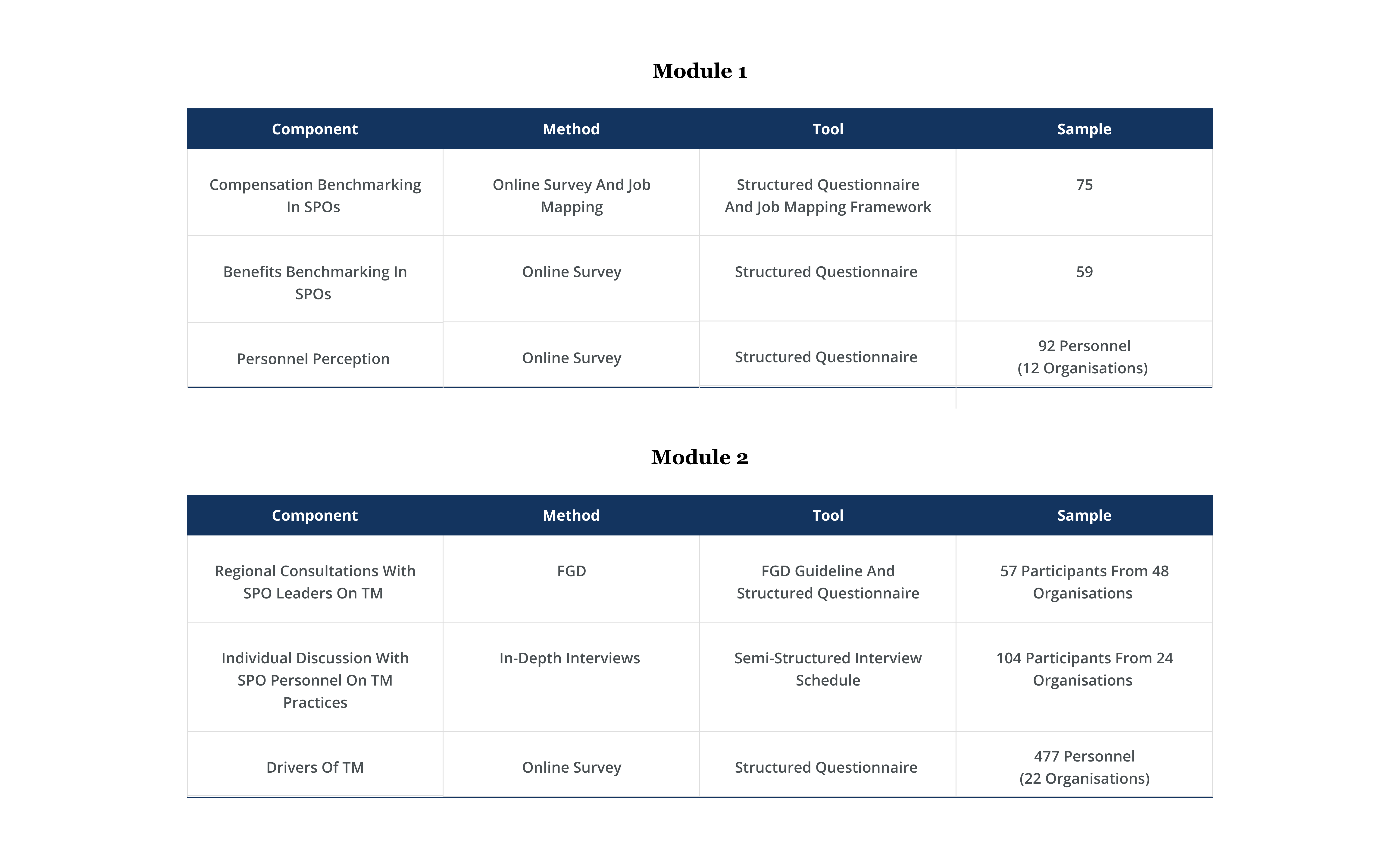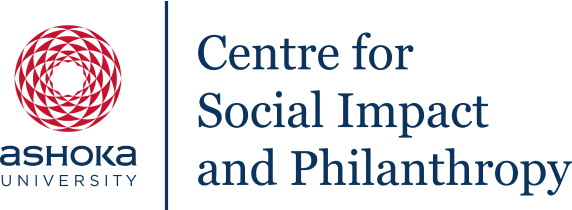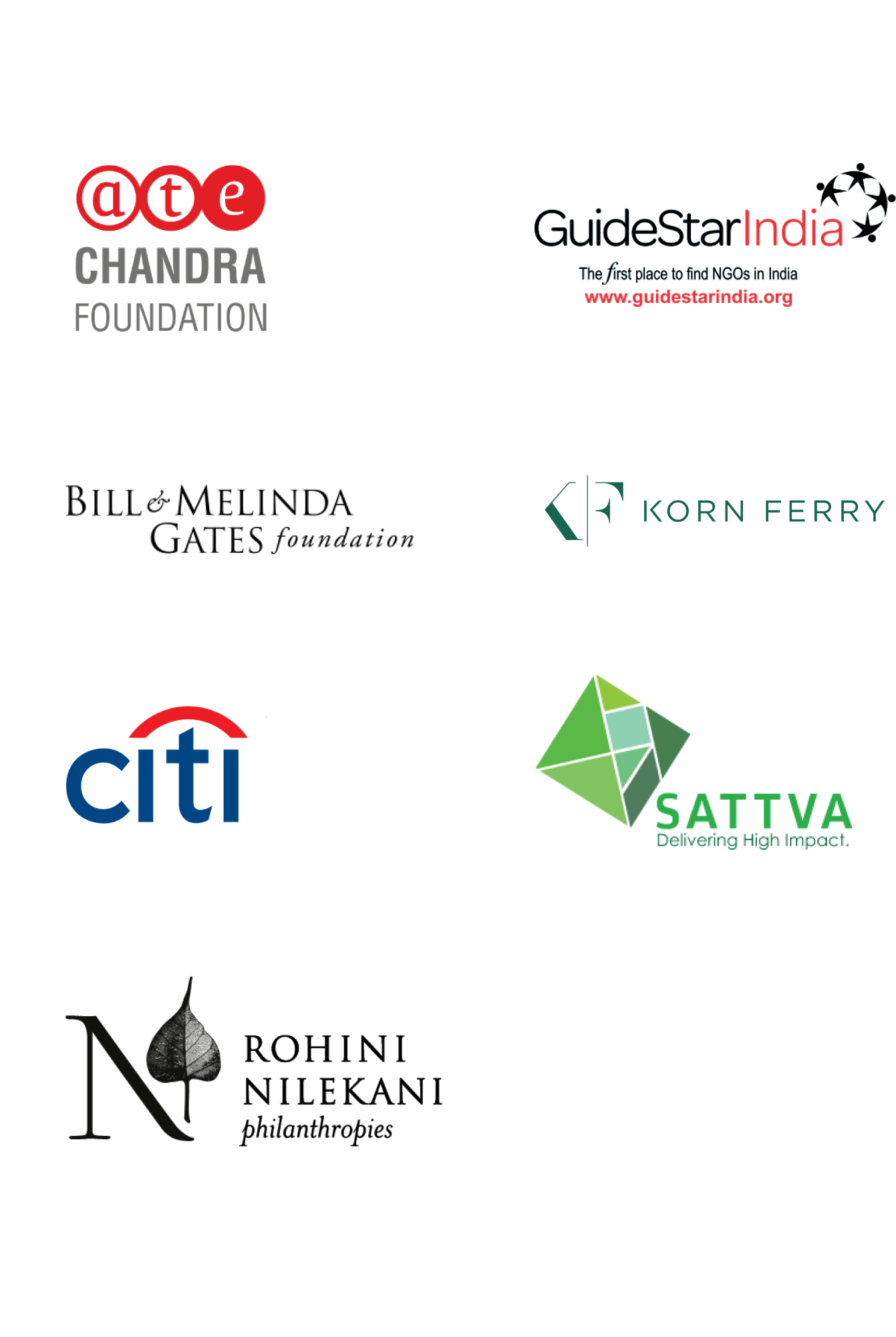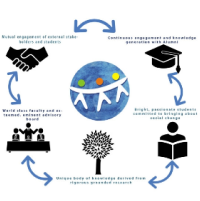
ABOUT THE STUDY

The Indian development sector is one of the world’s largest and most active social economies. However, identifying and retaining organisational talent remains a significant challenge affecting the growth, scale, and capacity of social sector organisations. The unique and dynamic nature of the social sector, including a diversity of organisations such as social enterprises, NGOs, and others, lends additional considerations and challenges for talent management.
Emergent issues related to talent and leadership in the sector have been partly addressed by a few recent studies that have focused on select types of organisations or talent segments in the sector. However, there was a need for exhaustive research on talent management which could potentially guide the relevant stakeholders, including non-profit organisations, foundations, donors, CSRs, and corporates, in strategic decision-making. To address the existing knowledge gap, the Centre for Social Impact and Philanthropy (CSIP), along with the Indian School of Development Management (ISDM), undertook this study titled "Talent Management in the Indian Social Sector.”
The study aimed to enable civil society organisations, philanthropists, foundations, and the development ecosystem to create a conducive environment to attract, nurture and grow talent in the Indian social sector.

In particular, the goals of the study are to:
- Examine the current talent management practices in the sector.
- Map the existing practices vis-à-vis talent compensation in the sector.
- Draw attention to critical knowledge gaps on talent management and compensation practices in the Indian social sector.
- Provide a set of actionable recommendations to key stakeholders of the Indian social sector.
The study was carried out through two simultaneous modules. The first module was focused on mapping the existing compensation and benefits practices in different categories of social purpose organisations and used quantitative research methods. The second module examined the various management practices in such organisations and highlighted various drivers of talent in the social sector. This module was primarily qualitative in nature and also used quantitative methods to explore employee motivation.
Thus, a mixed methodology was adopted to answer the research questions. Different methods included: Online surveys; interviews; focused group discussions; job mapping; and literature reviews.
Module-wise methodology is given below:

The study resulted in a number of outputs in the form of reports, case-lets and seminal pieces. This microsite is one of the main outcomes of the study and serves as a knowledge portal for talent/ compensation management and hosts the emerging data, study reports, case studies, and other knowledge assets.
For more information, please write to us at research@csip.ashoka.edu.in and talent.study@isdm.org.in

About CSIP

Centre for Social Impact and Philanthropy, housed at Ashoka University, is India’s first academic centre focused on enabling strategic philanthropy and cultivating a robust ecosystem for greater social impact. CSIP aims to build a stronger civil society for an equitable India through its work in three verticals: research and knowledge; convening and facilitation; and leadership development. It works to advance and inform strategic philanthropy across India through data, dialogue, partnerships and leadership development. CSIP aims to bridge the knowledge gap and strengthen the sector’s capacity by providing credible and reliable evidence-based research, data-driven insights and building a culture of evidence-led discourse and decision-making. For more information, Contact us on: research@csip.ashoka.edu.in


About ISDM

ISDM is an institution founded to create, strengthen and establish Development Management, a domain that transcends the exclusive silos of “development perspectives” and “management principles.” ISDM recognises the need to “professionalise” the leadership and management of Social Purpose Organisations (SPOs). The institution sees the requirement of the development space for applying the management disciplines that are unique and tailored according to the sector’s scale. Management that doesn’t merely retrofit business management to development projects, but one that is explicitly born from the coming together of the two crucial domains. For more information, visit: https://www.isdm.org.in/
About Partners
Our Funding Partners
The study was supported by our funding partners:
- A.T.E.Chandra Foundation
- Bill and Melinda Gates Foundation
- CITI Bank
- Rohini Nilekani Philanthropies

Our Execution Partners
Sattva, Korn Ferry and GuideStar were execution partners of the study and undertook the distinct core tasks of organisation onboarding, data collection, data analysis, and research. Guidestar facilitated outreach and onboarding of organisations to participate in the study. Korn Ferry was the execution partner for Research Module 1 of the study on ‘Compensation Benchmarks for Indian Social sector’, and carried out data collection, analysis and report writing. Sattva Consulting was the execution support partner for Research Module 2 of the study on ‘Drivers of Talent’ and carried out data collection and supported transcription.


About Mentors

The study has become richer and grounded in the experience of the practitioners especially due to the painstaking feedback process led by our mentors on the project, Prof. Vishal Gupta and Prof. Gopa Kumar from IIM-Ahmedabad, Dr Nivedita Narain from Charities Aid Foundation, Ms Puja Marwaha from CRY, Ms Ashraf Patel from Commutiny and VartaLeap, and Ms Anushree Singh from Educate Girls.

